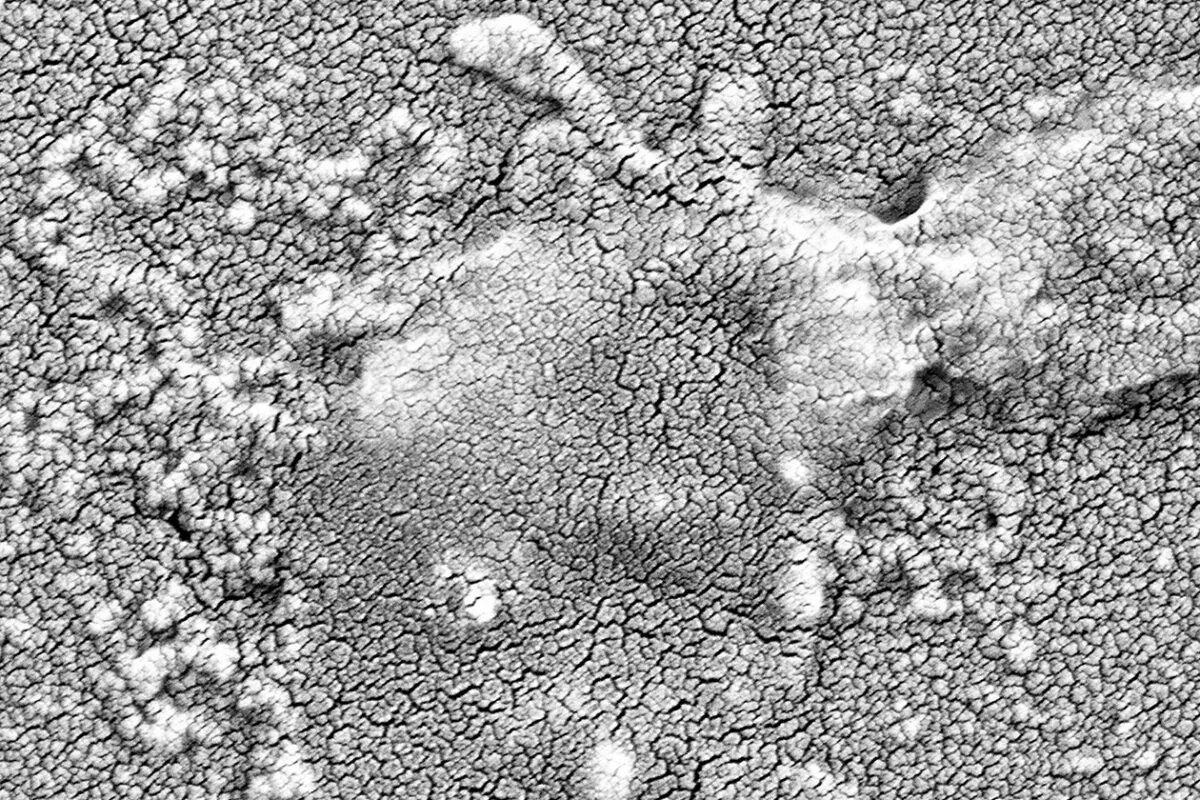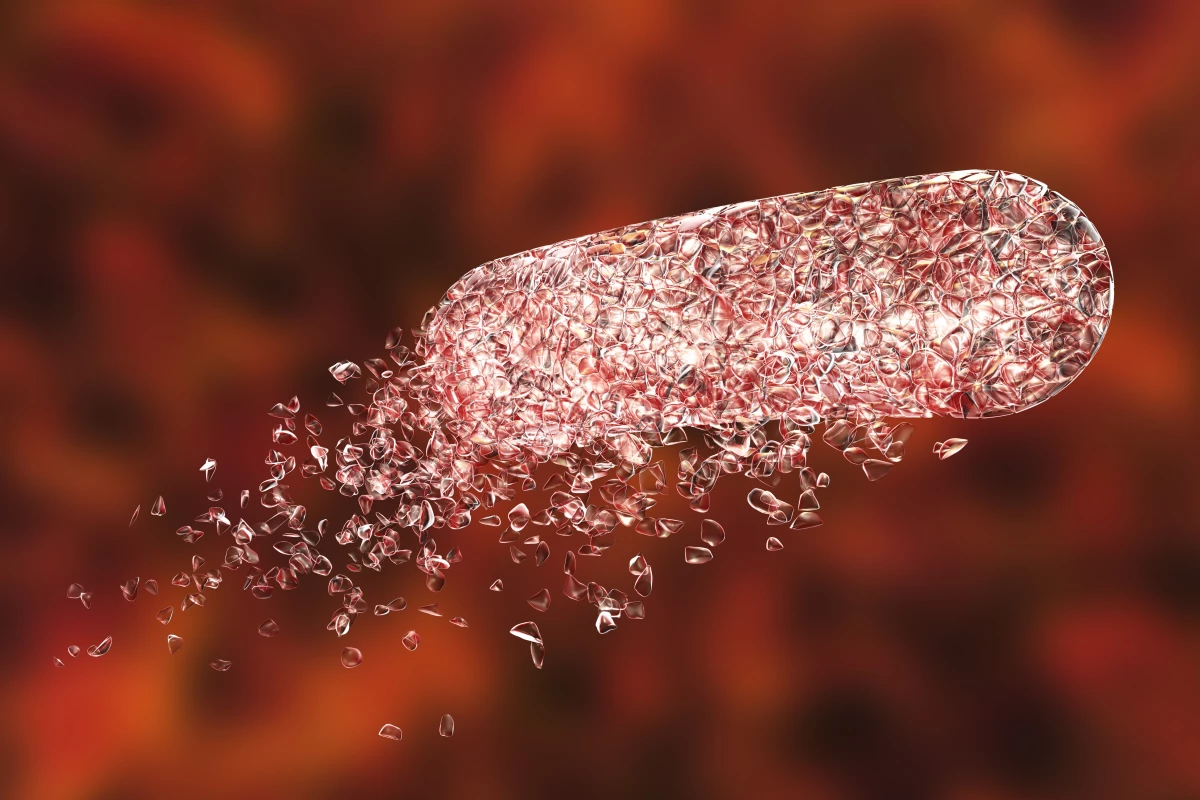Antibiotic-resistant bacteria are poised to become one of the most pressing health problems in coming decades, with these superbugs predicted to claim up to 10 million lives a year by 2050. Researchers at the University of Texas at Austin have found a new way to fight back, by targeting a protein that bacteria use to generate drug resistance.
The rise of the superbugs is a prime example of evolution at work. As a patient takes antibiotics, most of the bacteria infecting them succumb to the challenging environment these drugs create – most, but not all. The few that survive go on to reproduce, passing down the random mutations that helped them through the ordeal. Bacteria can also swap these useful genes around like trading cards, ultimately creating a population that’s resistant to the drugs.
Creating new drugs can be effective for a while, but eventually bacteria develop resistance to those too. Perhaps the best way to fight back would be to prevent resistance developing in the first place, allowing existing antibiotics to be effective once again. Recent research has produced molecules that break down the proteins bacteria use to neutralize drugs.
The problem is that these molecules usually target individual proteins after the bugs make them, limiting the scope of the treatment. So for the new study, the researchers looked upstream for a more fundamental way to disable these resistance proteins from being produced in the first place.

To get to work thwarting drugs, these resistance proteins need to be folded up into very specific shapes, and the researchers discovered that another protein, named DsbA, helps perform that folding. So, the team reasoned, targeting DsbA should effectively shut down production of resistance proteins.
Sure enough, when the researchers inhibited DsbA in bacteria, they became vulnerable to existing antibiotics once again. Importantly, it worked in a range of dangerous bacteria, such as E. coli, K. pneumoniae and P. aeruginosa, which together account for a large chunk of superbug infections.
“Our findings show that by targeting disulfide bond formation and protein folding, it is possible to reverse antibiotic resistance across several major pathogens and resistance mechanisms,” said Christopher Furniss, co-lead author of the study. “This means that the development of clinically useful DsbA inhibitors in the future could offer a new way to treat resistant infections using currently available antibiotics.”
In this work, the team inhibited DsbA using chemicals that aren’t safe for use in humans, but having shown that the mechanism works, the researchers’ next step is to search for DsbA inhibitors that could be used in patients.
The research was published in the journal eLife.
Source: University of Texas at Austin




